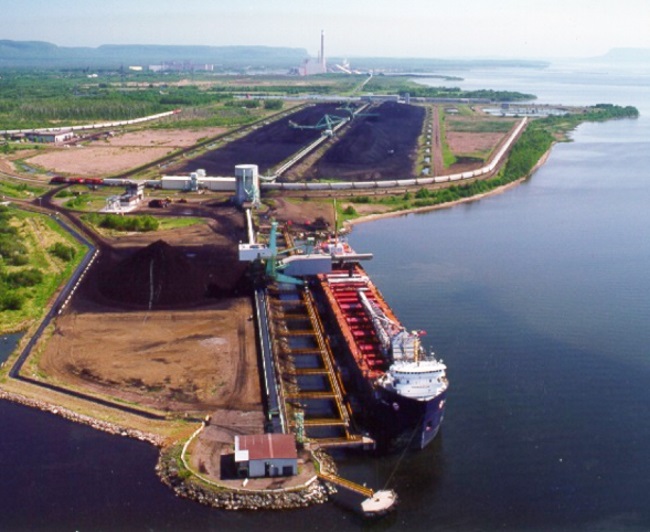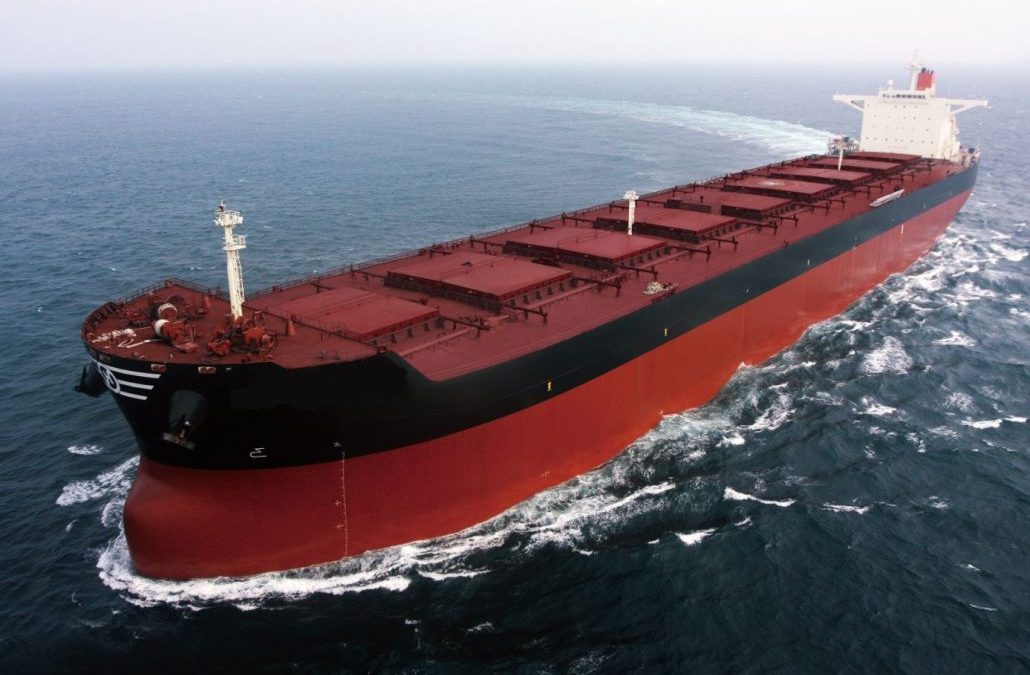The dry bulk market has continued to remained depressed, although some signs of a tentative rebound were obvious during last week’s trading. In its latest weekly report, shipbroker Allied Shipbroking said that “a glimpse of hope was to emerge in the dry bulk market this past week as a surge of iron ore shipments from Australia and Brazil helped the Capesize market escape from the doldrum levels that it had been trapped in since mid-July. This surge in shipments was notable given that we witnessed a week-on-week increase of over 17% from Australia and just above 32% from Brazil. Yet given that this positive effect is still in its infancy and too early to be classed as a shift in trend, the market still holds at fragile levels and is still stuck at depressed freight levels on par with those witnessed at the onset of the first Covid-19 wave back in 2020 as well as back in the depressed spring market of 2016”.
According to Allied’s George Lazaridis, Head of Research & Valuations, “at such low-performance levels, it is natural for the overall market sentiment to have taken a considerable hit in recent months. At the same time looking at the overall demand-side fundamentals, there is still a fair amount of uncertainty as to what to expect from the market moving forward, while there is still a considerable level of market risk arising from the poor economic indicators coming out of the G20 economies, especially as to what to expect during the final quarter of this year and the first quarter of 2023. Despite the sharp correction that was noted during the second half of July and almost all of August, many in the market still grip on the fact that the fundamentals on the side of tonnage supply are healthy. Based on the current orderbook, the expected levels of fleet growth is assumed to be at a historically low level”.

Mr. Lazaridis added that “the initial loss in momentum in the market was seen in early summer as China, the world’s largest steel producer, face a series of steel production disruptions as it tried to tackle a surge in Covid-19 cases through renewed lockdown measures in major cities and provinces. This issue was compounded considerably as the country looked to tackle issues brought about by severe drought and electricity power outages, bringing in turn a further drop in steel production figures. When taking however a more macroeconomic perspective, we see that there are considerably more deep-rooted issues that need to be tackled before the market can return back to health. The real estate market is still in a troubled state in China, while expectations of a rollout of stimulus measures that would help prop up the market have yet to show face. Given all these headwinds being faced, there is still strong confidence that Beijing will roll out further policies and stimulus measures to boost the economy and support the struggling property industry”.
“Despite all this, the rest of the dry bulk market seems to be fairing much better. As the disruptions in supply chains continue to boost the grain, coal and other minor bulk trades, the smaller size segments have been holding out at much better levels, with their rates holding relatively more buoyant up to now, albeit having also faced a considerable drop since May. The truth is that positive tailwinds are still working relatively to their advantage, despite the overall negative pressure being faced by the deteriorating global economic conditions. As such all focus is now firmly on what sort of relief plans central governments will roll out to tackle soaring inflation, shield consumers and avoid the global recession we are seemingly currently heading towards”, Allied’s analyst concluded.
Source: Hellenic Shipping News






